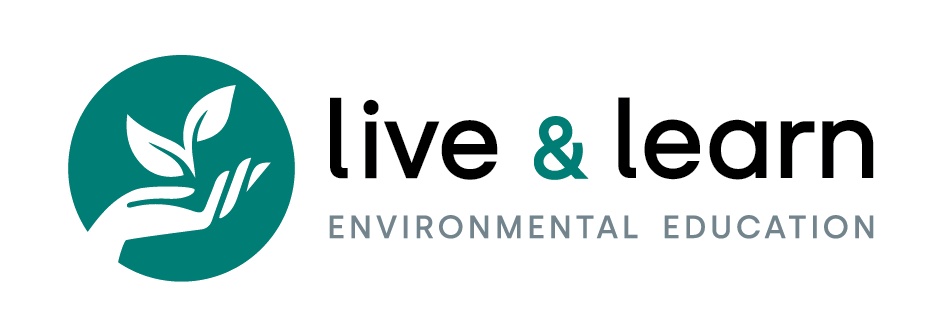Women in Solomon Islands have been putting their skills and knowledge towards disaster preparedness through a program focused on ensuring communities are ready for an emergency.
Members of four women’s church groups have been receiving community-based agricultural training through the Women Lead in Emergency project, which is building on their existing gardening and growing knowledge by providing them with additional skills.

Taught by the Kastom Garden Association, these trainings are covering subjects like soil management, seed saving, crop systems, integrated pest management and basic nursery skills, plus teaching strategies about selling crops.
The training helps participants to draw on their knowledge of sustainability and self-sufficiency to ensure the women and their communities can access healthy foods event in an emergency.
‘Food security and livelihood resilience is achieved through increased diversification and productivity of current livelihood activities that support families and communities to cope with increased pressure on local food systems,’ said Maria Afu, Australian Humanitarian Program Manager for Live & Learn Solomon Islands.
‘The Women Lead in Emergency program is working to ensure that disaster preparedness is inclusive of all within a community by involving them in preparedness activities so that they can support their families coping with the rising demands of living standards while being prepared for disaster.’

People in these Solomon Islands communities have reported struggling to afford staple foods like rice and being unable to access resources like seeds to diversify their income and food supply, making them more vulnerable to disasters.
By making sure all social groups are included in these trainings – including women, single-headed households, and people with disability and their carers – resilience and preparedness is being improved across the entire community.
Now, the women’s groups have done three harvests of vegetables – and with more growing, food security and resilience is looking up.
‘Church leaders, youth, women and girls are all direct beneficiaries of this project,’ said Maria. ‘The community representatives and participants have acknowledged the importance of this training, as it was the first of its kind in the community.’
This training was provided by the Kastom Garden Association and was made possible with support from CARE Australia.

